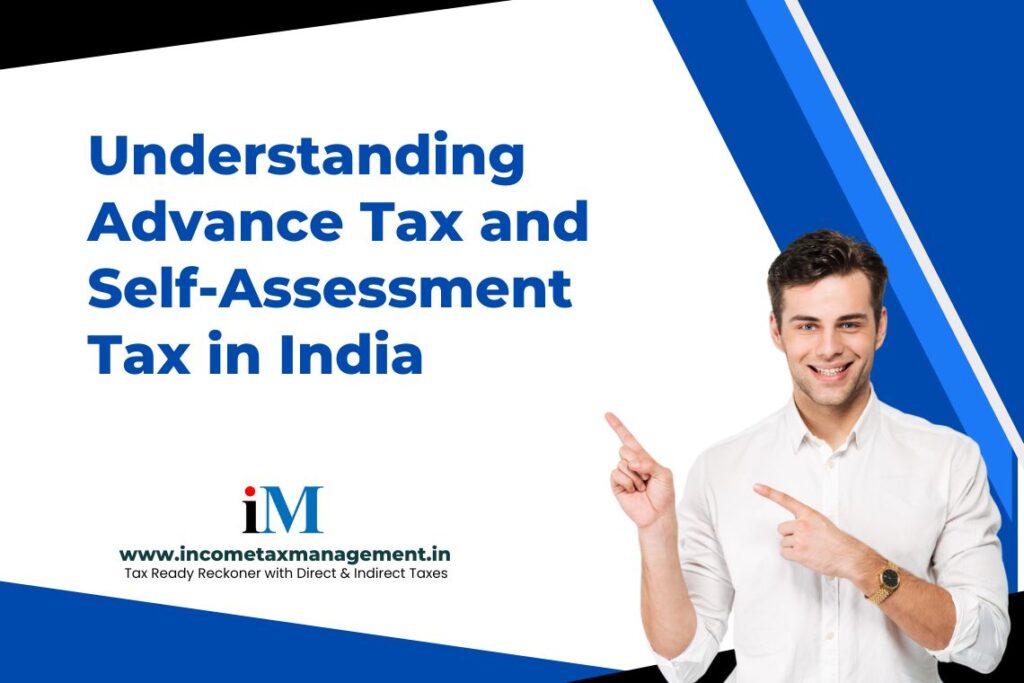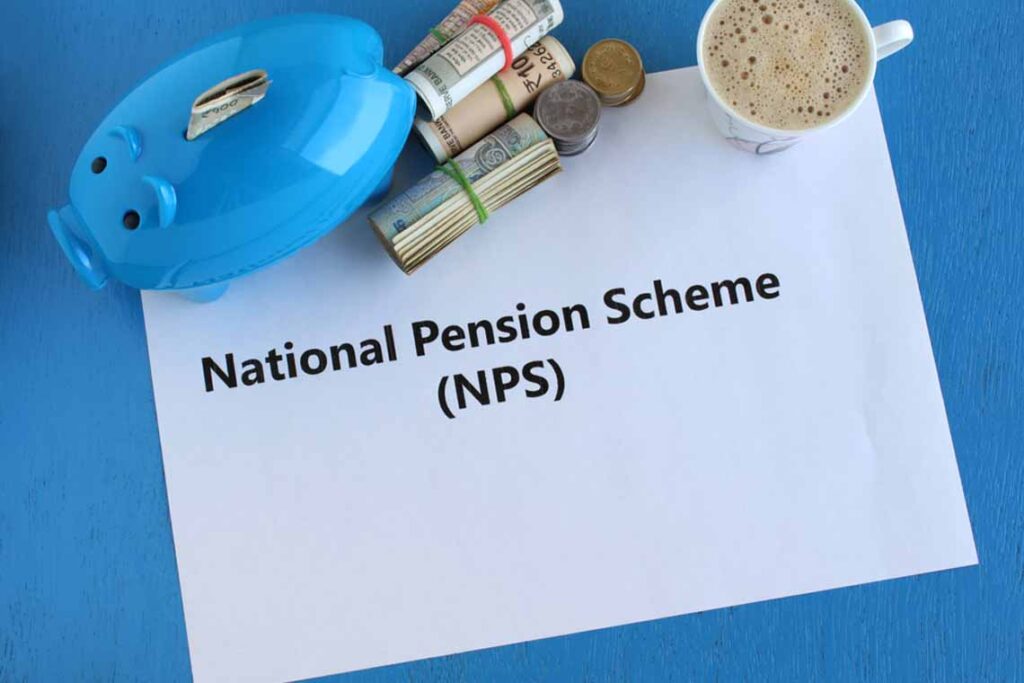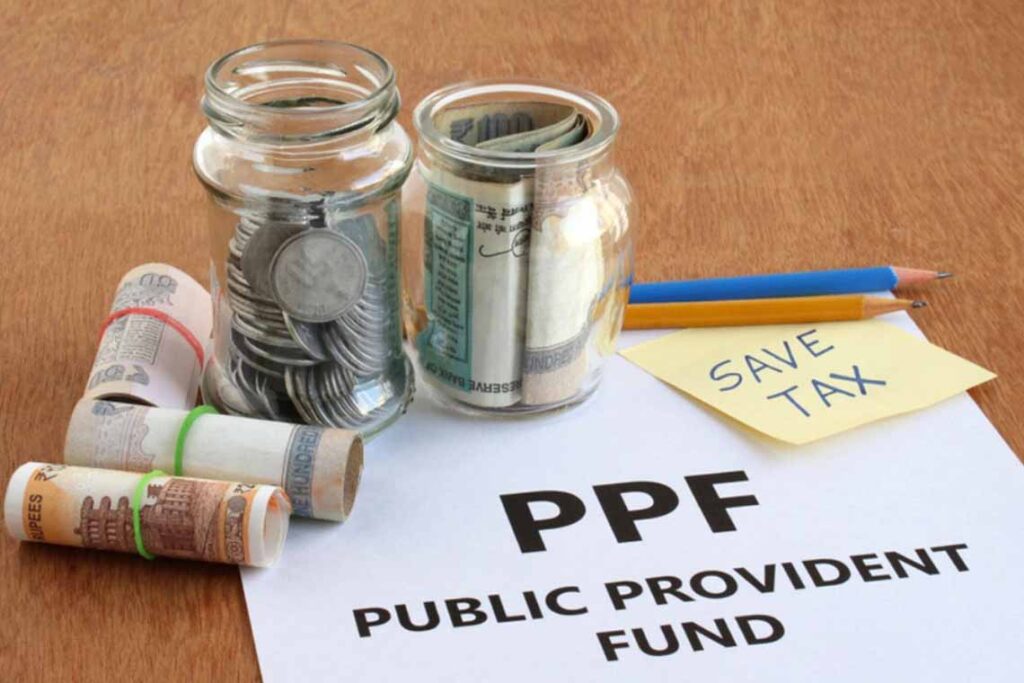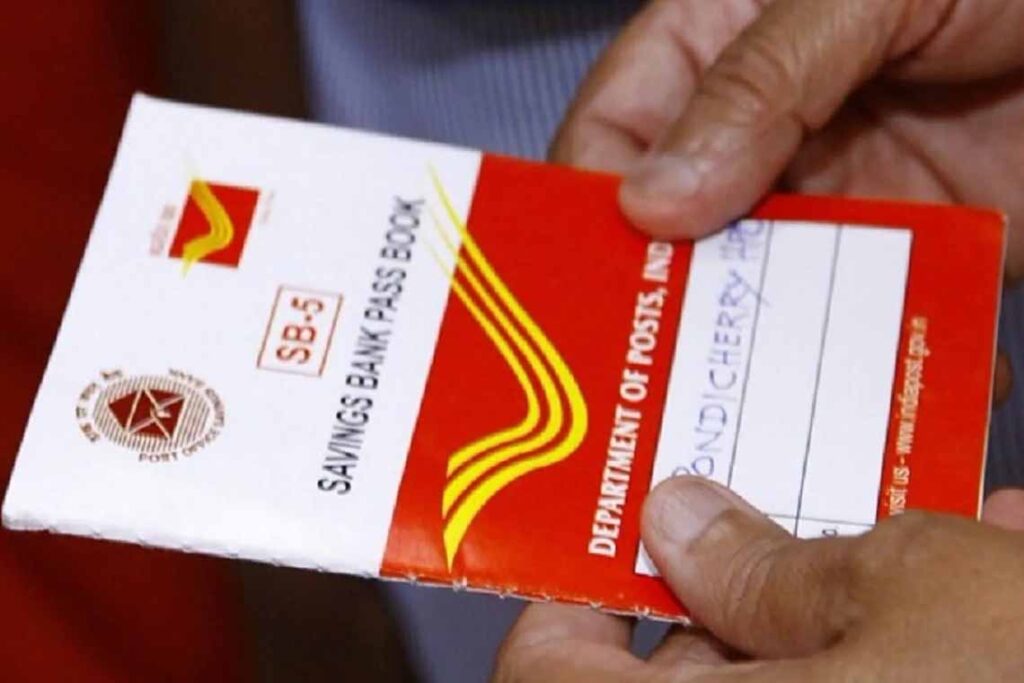Understanding the intricacies of advance tax and self-assessment tax is crucial for both compliance and strategic financial planning. These components are pivotal in the Indian income tax system, ensuring the government receives tax revenues periodically throughout the financial year rather than at the end. This article will provide a comprehensive guide on advance tax and self-assessment tax, including the relevant sections of the Income Tax Act, notifications, rules, and practical insights.
What is Advance Tax?
Advance tax, often referred to as `pay as you earn` tax, is the income tax payable if your tax liability exceeds Rs. 10,000 in a financial year. The concept of advance tax is to pay tax in advance rather than waiting until the end of the financial year. This helps in the timely collection of revenue by the government and reduces the burden of lump-sum payment for taxpayers.
Exemption for Senior Citizens from Advance Tax
As per Section 207(2) of the Income Tax Act, the obligation to pay advance tax does not apply to certain senior citizens. Specifically, an individual resident in India is exempt from paying advance tax if they meet two criteria: (a) they do not have any income chargeable under the head “Profits and gains of business or profession”, and (b) they are of the age of sixty years or more at any time during the previous year. This provision acknowledges the need to reduce the immediate financial burden on senior citizens and makes their tax compliance easier by exempting them from the advance tax payment requirements.
Legal Framework
Advance tax is governed by Sections 208 to 219 of the Income Tax Act, 1961. Key provisions include:
- Section 207: Obligation to pay advance tax.
- Section 208: Conditions for liability to pay advance tax.
- Section 209: Computation of advance tax.
- Section 210: Payment of advance tax by the taxpayer`s own estimate or by the Assessing Officer`s order.
- Section 211: Instalments of advance tax and due dates.
Who Needs to Pay Advance Tax?
Individuals, freelancers, businesses, and corporate entities whose estimated tax liability for the year exceeds Rs. 10,000 are required to pay advance tax. This includes income from various sources such as salary, business income, capital gains, interest income, and rental income.
Calculation of Advance Tax
The computation of advance tax involves estimating your total income for the financial year and calculating the tax liability after considering deductions, exemptions, and rebates. Here`s a step-by-step guide:
- Estimate Total Income: Sum up all expected incomes for the financial year.
- Calculate Gross Taxable Income: Apply the relevant income tax rates to your estimated income.
- Subtract Deductions: Deduct eligible deductions under various sections like 80C, 80D, etc.
- Determine Tax Liability: Calculate the total tax payable after considering deductions.
- Compute Advance Tax: Ensure the advance tax liability exceeds Rs. 10,000. If it does, proceed with the payment.
Due Dates for Advance Tax Payment
The advance tax is payable in installments as per the following schedule for individuals and non-corporate taxpayers:
- 15th June: 15% of the estimated tax liability.
- 15th September: 45% of the estimated tax liability (cumulative).
- 15th December: 75% of the estimated tax liability (cumulative).
- 15th March: 100% of the estimated tax liability.
For corporate taxpayers, the same schedule applies.
Consequences of Non-Payment or Late Payment
Failure to pay advance tax or short payment can result in interest penalties under Sections 234B and 234C of the Income Tax Act.
- Section 234B: Interest for default in payment of advance tax.
- Section 234C: Interest for deferment of advance tax.
Interest is calculated at 1% per month or part of a month on the shortfall or unpaid amount.
Actions that can be taken by the Assessing Officer (AO) if a taxpayer fails to pay advance tax-
Issuance of Written Order and Notice of Demand (Sub-section 3):
- The AO can issue a written order demanding advance tax payment if the taxpayer has been previously assessed by regular assessment for any previous year. Computation shall be in manner laid down in Section 209.
- This order must be issued by the last day of February and accompanied by a notice of demand under Section 156.
- The notice specifies the instalments for payment, ensuring clarity on the taxpayer`s obligations.
Amendment of Order (Sub-section 4):
- If, subsequent to the initial issuance, the taxpayer files a return of income or undergoes regular assessment for a later previous year, the AO can make amendments to the order.
- The amended order stipulates the revised advance tax payable, ensuring that the taxpayer`s obligations are accurately reflected based on updated information.
Adjustments based on Taxpayer`s Estimations (Sub-sections 5 and 6):
- Taxpayers are provided with the opportunity to adjust their advance tax payments based on their own estimations of current income.
- If a taxpayer believes their advance tax liability to be less than the amount specified in the AO`s order, they can send an intimation to the AO and pay the lower amount accordingly. Such intimation shall be sent by the assessee in accordance with rule 39 in Form 28A.
- Conversely, if the taxpayer`s estimation indicates a higher advance tax liability, they must pay the increased amount before the due date of the last instalment specified in Section 211.
What is Self-Assessment Tax?
Self-assessment tax is the amount that a taxpayer pays on their assessed income after accounting for advance tax, TDS (Tax Deducted at Source), and other credits. It is payable before the filing of the income tax return under Section 140A of the Income Tax Act, 1961.
When to Pay Self-Assessment Tax?
Self-assessment tax is paid at the time of filing the income tax return if there is any tax due after considering the advance tax and TDS already paid. The taxpayer needs to calculate the final tax liability and pay the balance amount.
Legal Framework
- Section 140A: Self-assessment tax is calculated and paid before filing the return of income. It requires the taxpayer to pay the due amount, including any interest and penalty.
Calculation of Self-Assessment Tax
The computation involves the following steps:
- Determine Total Tax Liability: Calculate the total tax liability based on your total income for the financial year.
- Adjust for TDS and Advance Tax: Subtract the amount of TDS and advance tax paid during the year.
- Calculate Balance Tax: The remaining amount is the self-assessment tax that needs to be paid.
- Add Interest and Penalty: If there is a delay in payment or filing, add interest under Sections 234A, 234B, and 234C as applicable.
Payment and Filing
Self-assessment tax can be paid online through the Income Tax Department`s e-filing portal or offline through designated banks. After payment, the details must be included in the income tax return filed by the taxpayer.
Consequences of Non-Payment
Non-payment or short payment of self-assessment tax can result in penalties and interest under various sections of the Income Tax Act:
- Section 234A: Interest for default in furnishing return of income.
- Section 234B: Interest for default in payment of advance tax.
- Section 234C: Interest for deferment of advance tax.
Practical Insights and Recommendations
- Regular Monitoring: Taxpayers should regularly monitor their income and tax liability to ensure timely and accurate payment of advance tax.
- Professional Assistance: Consulting a tax professional can help in accurate estimation and compliance with advance tax and self-assessment tax requirements.
- Utilize Technology: Use online calculators and tools provided by the Income Tax Department to compute and pay taxes efficiently.
- Stay Updated: Keep abreast of changes in tax laws, notifications, and circulars issued by the CBDT.
Conclusion
Advance tax and self-assessment tax are integral components of the Indian tax system, ensuring timely revenue collection and reducing the year-end tax burden on taxpayers. Understanding these concepts, complying with the due dates, and accurately calculating the tax liability are essential for maintaining good tax discipline and avoiding penalties. With improved reporting mechanisms and technology, taxpayers can ensure compliance and contribute to a transparent and efficient tax system.












